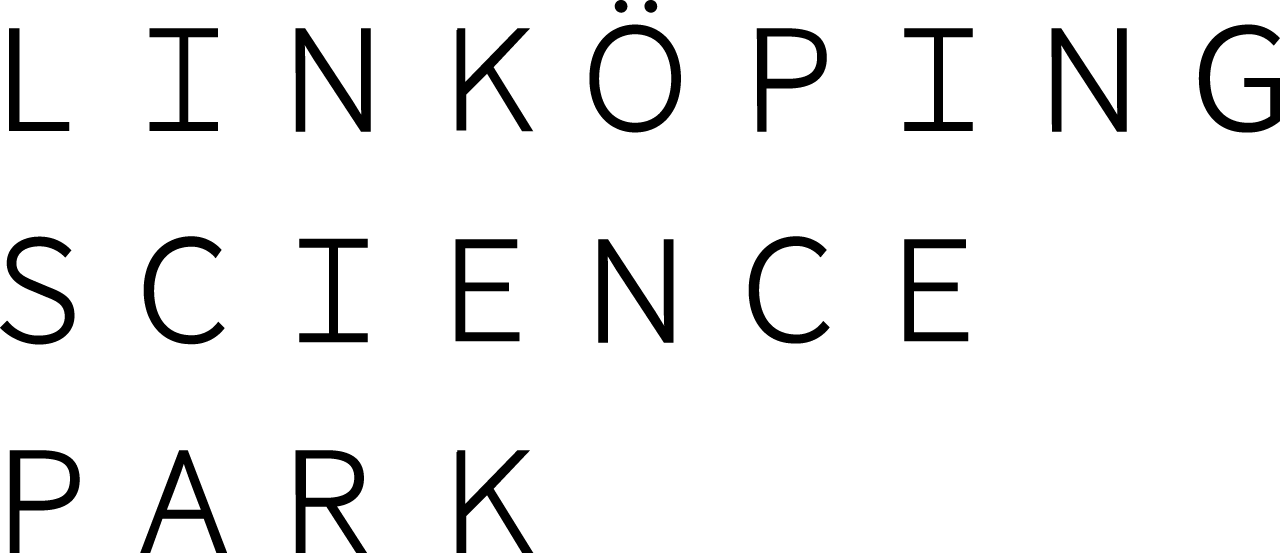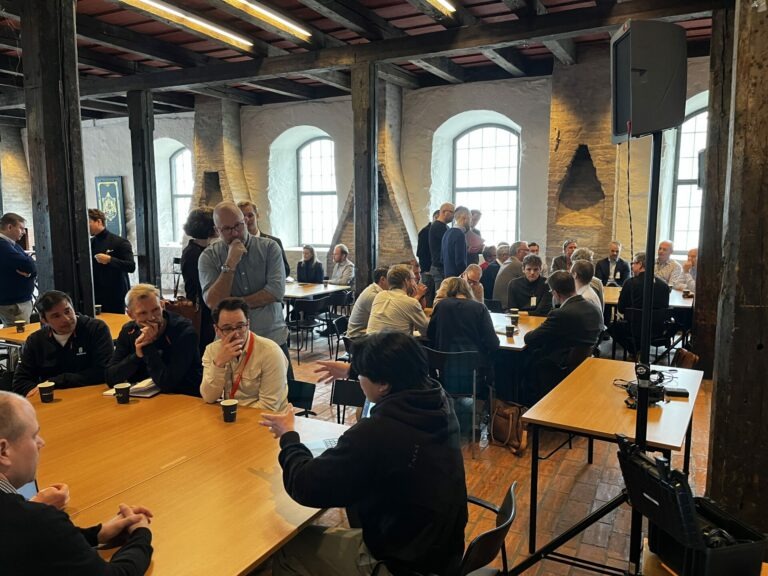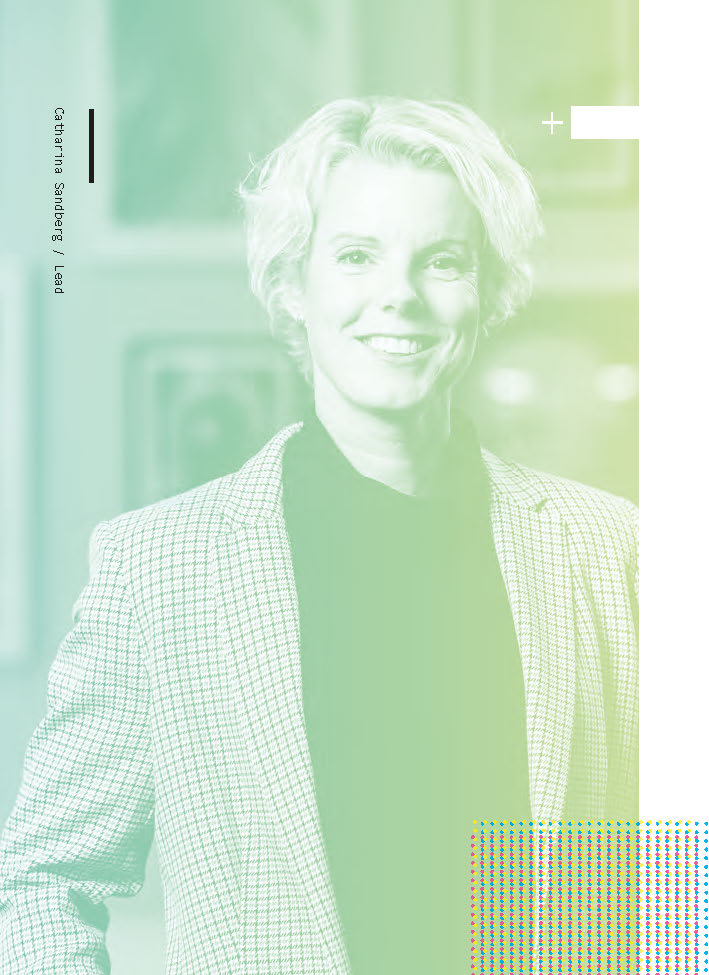
Catharina Sandberg is CEO of Lead in Linköping, one of around 40 business incubators in Sweden. These incubators have been set up to create environments in which startups with innovative commercial ideas, services and products can quickly flourish.
“When you build a startup, you’re often pretty much alone. If you can share the experience with others, obtain a context and bring new companies into collision with old ones we can share experiences. And none of them get to fall into the same trap. What’s more, we might even discover that if we get together with our neighbour, we get an even stronger offer. This is very much the community thing. Not being alone and learning more and faster.”
Catharina Sandberg talks about the necessity of a forum, a space where people can meet and say: Right, you’ve done that. How did you do it? How did it go? And of an environment and a culture that make people open up in a spirit of mutual trust.
“You’ve got to have opportunities to share your failures instead of sweeping them under the carpet. I want you to be able to stand in front of others and say: ‘I learned this and that. Don’t make the same mistake. Turn left over there.’ It has to be OK to fail, which makes it super important that we take on people who believe in that.”
She talks about the collaborations that exist between the innovation environments in Östergötland and the advantages they bring. About how each organisation can be niched and can specialise in its own thing. About how they all have their community and culture, their own context, and how they then can choose to cooperate to achieve something bigger.
Sandberg argues that community building is the perfect tool for attracting talent and future employees.
“We have a programme that we call the Summer Match, in which researchers and our member companies can get help in their development from a group of driven university students. Given the complexity of the work and its eventual outcomes, the summer workers are paid very little. Despite that, over a hundred people have applied for the twenty vacancies. They apply so they can get to be part of us, part of something greater.”
As pleased as she is with the local and regional collabo-rations, she’s equally frustrated with the inhibiting effect of national regulation.
“Let’s say that we have a company that specialises in textile solutions. It should be a no-brainer to put them in contact with organisations in Borås, since they’re the best in Sweden in the field. But the way the incubator programmes are set up means we get no gold star for sending them there. We actually have to pay for it, which is weird as it could really benefit Sweden Ltd.”
She argues that a different approach needs to be taken at national level to how and in whose best interests we – Lead and other organisations – actually operate. Are we only to look to our own needs, or help Sweden’s many small components build something bigger?
Think horizontally to understand each other
Lena Miranda sees a similar inherent resistance and a desperate need for a new approach. She’s CEO of Linkö-ping Science Park.
She says that there are many radical changes taking place in society that demand novel forms of cooperation. That we need to move on from local and regional competition, tear down all barriers and obstacles to collaboration, and muster our energies to achieve lasting global change.
“With their global goals, the UN have identified a num-ber of areas that are challenges facing the entire planet. But the challenges are so complex that you have to break them down into smaller parts and fix each problem separately be-fore you build it all back up again. And what’s more, there’s no single person, company, organisation or sector able to solve the transverse problems. We have to think horizontally and mix skills to understand each other across the boundaries and hit on those really smart solutions.”
The opposite, she says, would be to continue creating small, mutually isolated bubbles and refining the knowledge and skills of each. It will always be more convenient to keep treading the well-trod path. Miranda notes that, historically speaking, we’ve built countries, regions and cities as autono-mous units with their own, unique hierarchies.
And if we have Linn Källström and Selma Rosenbaum represent the next generation, these bubbles aren’t interes-ting – to them or to society in general.
They believe that we are where we are thanks to coopera-tion. So it has to be cooperation from now on, too. It’s about being the bigger person, about not getting hung up on the details, about always trying to make headway.
“I think it’s because we’re basically lazy,” says Selma. “We always seek the path of least resistance, and that path rarely involves cooperating with others. We can get by on our own nowadays in many ways. So instead of acknowledging that we don’t want or can’t be bothered to cooperate we come up with obstacles like religion, background and ethnicity.”
“And maybe we think we can profit by keeping things to ourselves,” adds Linn. “Sure, the two of us can be lazy too, but you reach a point when there’s something more important than simply taking the easy way out. When it’s a matter of doing what’s right.”
Holistic dealmakers
Catharina Sandberg, Lena Miranda and Marie Wall all draw the same conclusion.
It’s obvious that the ecosystems we build are chaotic. They comprise lots of companies and even more people and endless opportunities. Add to that just how quickly technology is advancing and you’ll realise that no one can be expected to have a thorough or even general grasp of how everything is threaded together. And yet we need to cooperate more than ever, on all levels.
They argue that tomorrow’s professional role will be that of dealmaker. A go-between. A bridge, an interpreter and a liaison centre rolled into one. Someone who puts the right people in touch with each other. If you’re looking for capital, you’d best talk to… If you’re after that kind of kit, you should really go and see…
Someone who listens and understands. Who sees the value of the small while never losing sight of the big and how the parts are linked by mutual dependency.
Dealmakers at a local, regional and national level. And more than that, dealmakers with an even greater system perspective. People who help to connect dealmakers from different parts of the world.
Modern switchboard operators who always know who we should turn to, but who don’t always understand or even need to bother about the details.
Dealmakers can be people operating in and around the innovation support system; people in cluster activities, development environments, incubators and science parks; or people employed at a company that offers coworking spaces and organisations offering networks, like the Swedish Chambers of Commerce.
Even if there’ll undoubtedly be a certain amount of development without dealmakers, these people will be the oil that lubricates the machinery.
“Regrettably, the Swedish innovation system has so far neglected this role,” says Marie Wall. “In research projects, dealmakers, in the shape of innovation offices for example, only enter the scene at the end. If we got into the habit of involving them at an early stage, they could bring valuable insights about actual needs and challenges. Then they’d also be able to make sure that knowledge is protected and patentable, something that could enhance the uptake of most projects. The competence we have amassed in the intervening spaces is a profession in itself and we have to clarify the importance of this role in building the strong environments that Sweden needs.”
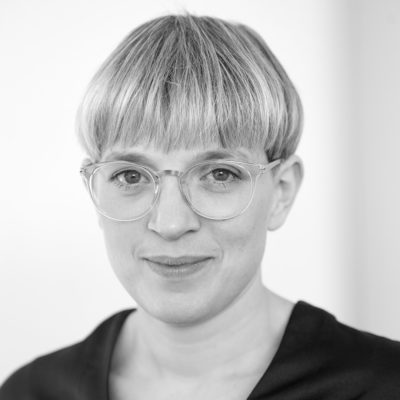
Anna Broeders
Community & Employer Branding Manager
anna.broeders@linkopingsciencepark.se
+46(0)725-74 37 00
